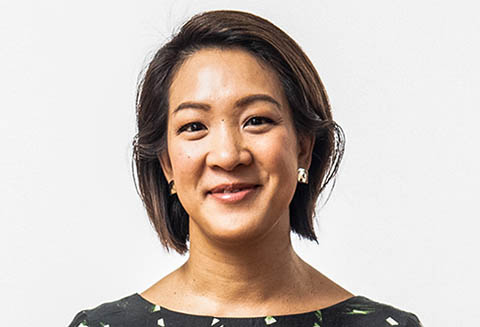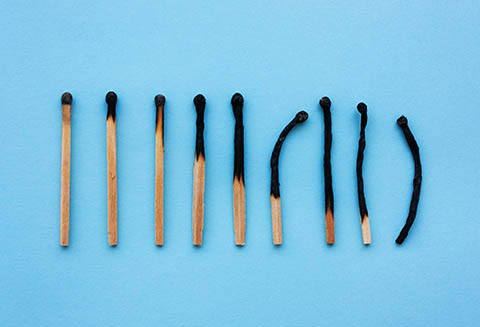Excuses…excuses: Why some people avoid colonoscopies —and why they should not

One of the milestones of turning 50, other than the dubious distinction of being half a century old, is the health-related milestone that accompanies it: the colonoscopy. It is at this age when doctors typically recommend starting screening for signs of colorectal cancer. The procedure involves having a tube (a colonoscope) inserted into the rectum to look for signs of polyps (abnormal growths) that can lead to colorectal cancer. It also involves a special liquid diet the day before, to properly cleanse the GI tract. The whole thing may seem daunting to some, and may lead them to concoct a host of reasons to avoid it altogether.
That is a mistake. The fact is that colorectal cancer can often be cured if it is found early enough, and is one of the few types of cancer that can be prevented in the first place. The colonoscopy is key for early detection and treatment.
Here are some of the many excuses patients make about why they avoid getting a colonoscopy and why they’re wrong:
Excuse: Nobody in my family has colon cancer, so I don’t need to be screened.
It is important to understand that about eighty percent of Americans who get colon cancer do not have a family history of the disease. So having a normal family history does not protect you from getting this kind of cancer and is not a good reason to avoid the procedure.
Excuse: I’m not having symptoms like bleeding or abdominal pain, so I don’t need to be screened.
Patients who develop colon cancer early on typically do not have symptoms. It’s not until the cancer is more advanced that symptoms commonly appear — such as diarrhea, constipation, rectal bleeding, abdominal pain, fatigue, and weight loss. The more advanced the condition, the more aggressive the treatment. So the best time for screening is when you don’t have symptoms yet. Caught early, the condition is more treatable.
Excuse: I had a colonoscopy 10 years ago so I don’t need another one.
In general, people of average risk with no family history are advised to have a colonoscopy every 10 years beginning at age 50. That may seem like a long time but that’s because colon cancer grows very slowly. However, if polyps are found and removed during the colonoscopy, your physician may have you follow up in three to five years, as the presence of polyps predisposes you to the formation of new ones. People with a family history of one or more first-degree relatives (sibling, parent or child) with colorectal cancer should undergo a colonoscopy starting at age 40.
Excuse: My insurance won’t pay for the test.
Both the medical establishment and the American Cancer Society believe all people should have access to cancer screening. Coverage is required by the Affordable Care Act, and most private insurance plans cover the costs for colonoscopy as a screening test. It’s best to review your health insurance plan for specific details or talk with your primary care doctor about community outreach screening programs that may be available to you.
Excuse: I can’t have a colonoscopy. I can’t drink that stuff!
Emptyin the contents of the colon, known as a “cleanout,” is a key requirement for a successful colonoscopy. Without proper bowel prep, polyps and lesions can be missed, the colonoscopy may take longer, the risk of complications can increase, or the whole process may need to be repeated. The liquid formula is necessary to drink the night before the procedure and cleans the colon completely. Although many patients complain about the taste, the good news is that innovations are continually being made to the formula both to make it taste better and make it easier to clean out. Talk to your doctor about what’s available that may be better tolerated.
Excuse: I’m scared I’ll get a perforation and need emergency surgery.
Perforation occurs when the colonoscope punctures the wall of the colon during the procedure, but it is very rare. If you have serious concerns about colonoscopy — whether it’s regarding potential complications or the cleanout — there are alternatives. Certain tests have recently come to market including: the Fecal Occult Blood Test (FOBT), which looks for microscopic blood in the stool; a virtual colonoscopy, a medical imaging procedure that uses a CT scan to produce two- and three-dimensional images of the colon; and stool DNA tests that identify DNA changes in the cells of a stool sample. Talk to your doctor to see if any of these may be right for you. In general, though, the colonoscopy remains the best screening test currently available for colorectal cancer detection.
To find a gastroenterologist who specializes in colorectal care, visit nyp.org/find-a-doctor or call 877-697-9355.






